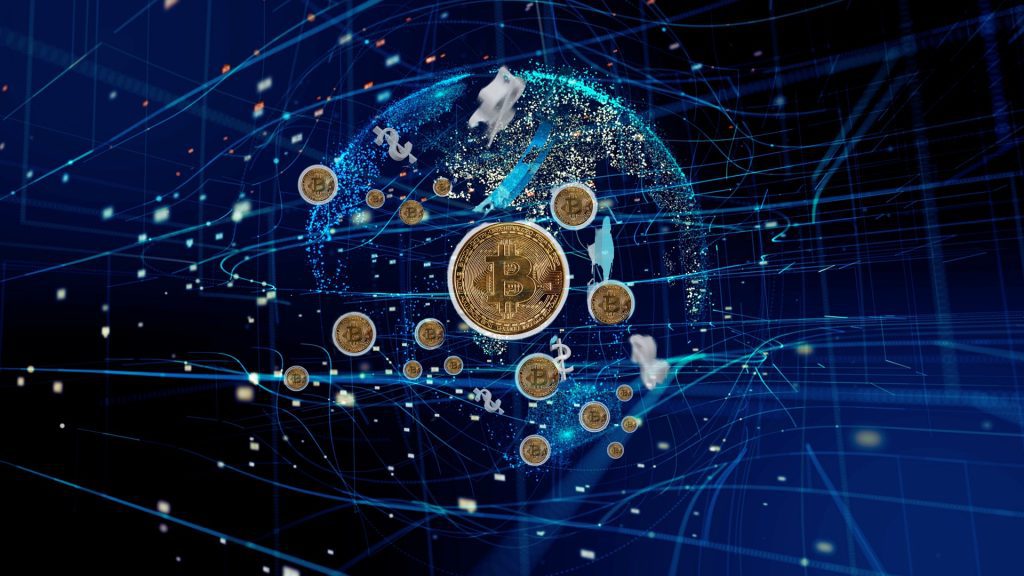Mastercard has expressed an openness to embracing cryptocurrency, signaling a potential shift in its approach to digital currencies. However, the global payments giant has set specific conditions that must be met before it fully integrates cryptocurrencies into its payment network. While Mastercard’s willingness to explore cryptocurrency is seen as a positive step by many in the financial world, the company’s cautious approach highlights the challenges and uncertainties that still surround the widespread adoption of digital currencies.
Mastercard’s Stance on Cryptocurrency
Mastercard’s interest in cryptocurrency is driven by the growing popularity of digital assets and the increasing demand from consumers and businesses alike. However, the company has outlined several key requirements that cryptocurrencies must meet before they are considered for integration into Mastercard’s payment system:
- Regulatory Compliance: Mastercard has made it clear that any cryptocurrency it supports must adhere to strict regulatory standards. This includes compliance with anti-money laundering (AML) and know-your-customer (KYC) regulations, as well as oversight by relevant authorities in the jurisdictions where the currency is used.
- Stability: Another critical condition set by Mastercard is the stability of the cryptocurrency. The company is wary of the volatility that has characterized many digital currencies, such as Bitcoin. For a cryptocurrency to be integrated into Mastercard’s network, it must demonstrate price stability, ensuring that it can function as a reliable medium of exchange.
- Consumer Protection: Mastercard emphasizes the importance of consumer protection in its approach to cryptocurrency. This includes ensuring that transactions are secure, reversible, and that consumers have recourse in the event of fraud or disputes. The company is particularly concerned about the potential for irreversible transactions that could leave consumers vulnerable to losses.
The Potential Impact of Mastercard’s Involvement
Mastercard’s involvement in the cryptocurrency space could have significant implications for the broader adoption and legitimacy of digital currencies:
- Mainstream Acceptance: If Mastercard were to integrate cryptocurrency into its payment network, it could pave the way for broader acceptance of digital currencies by merchants and consumers. This could accelerate the mainstream adoption of cryptocurrencies, making them a more viable option for everyday transactions.
- Increased Competition: Mastercard’s entry into the cryptocurrency market could intensify competition among payment providers and financial institutions. This could lead to the development of new products and services that cater to the growing interest in digital currencies, benefiting consumers and businesses alike.
- Innovation in Payments: By exploring the potential of cryptocurrency, Mastercard could drive innovation in the payments industry. This might include the development of hybrid payment systems that combine traditional and digital currencies or new financial products that leverage blockchain technology.
The Challenges Ahead
While Mastercard’s openness to cryptocurrency is a positive sign, there are several challenges that must be addressed before digital currencies can be fully integrated into its network:
- Regulatory Hurdles: Navigating the complex regulatory landscape for cryptocurrencies remains a significant challenge. Different countries have varying regulations regarding digital currencies, and Mastercard must ensure that any cryptocurrency it supports complies with these diverse legal frameworks.
- Technological Integration: Integrating cryptocurrencies into Mastercard’s existing payment infrastructure will require significant technological innovation. The company will need to ensure that its systems can handle the unique characteristics of digital currencies, such as decentralization and cryptographic security.
- Market Volatility: The inherent volatility of many cryptocurrencies poses a risk to their integration into mainstream payment networks. Mastercard will need to identify or help develop stable digital currencies that can meet its criteria for stability and reliability.
Mastercard’s cautious yet open approach reflects the complex landscape of digital currencies today. While the company recognizes the potential benefits of integrating cryptocurrencies into its payment network, it is also aware of the significant challenges that must be overcome. By setting clear conditions for regulatory compliance, stability, and consumer protection, Mastercard is laying the groundwork for a future where digital currencies could play a more prominent role in global payments—if they can meet these stringent requirements.
